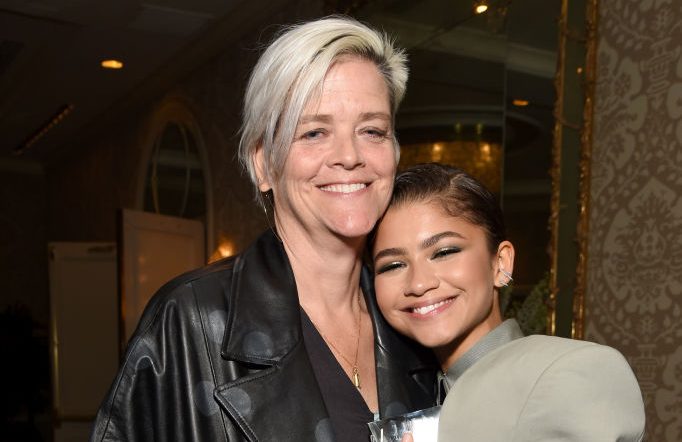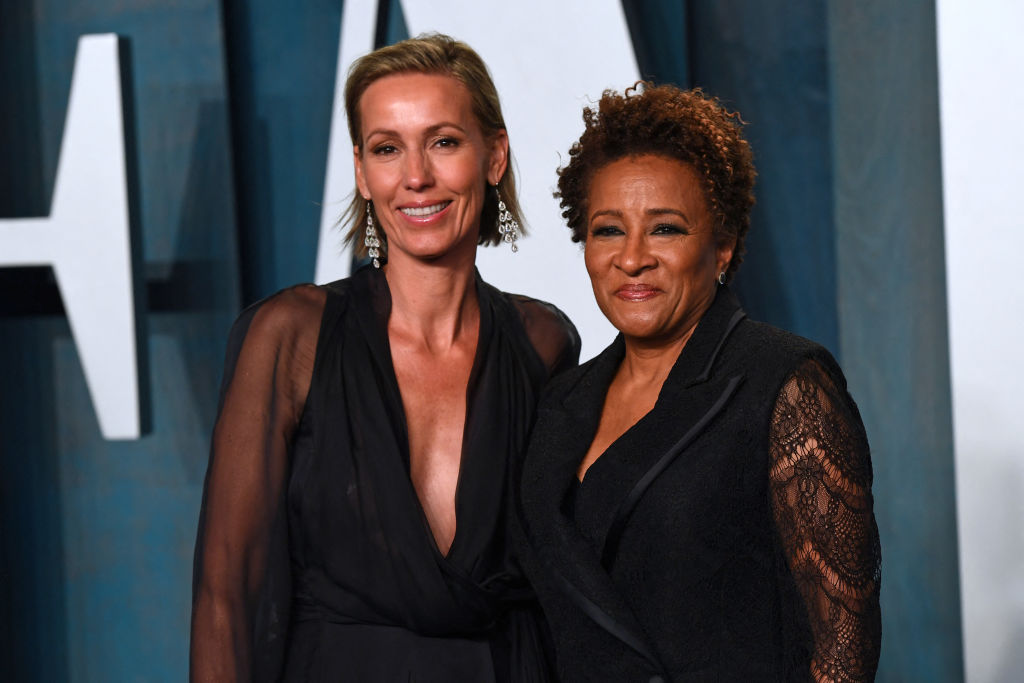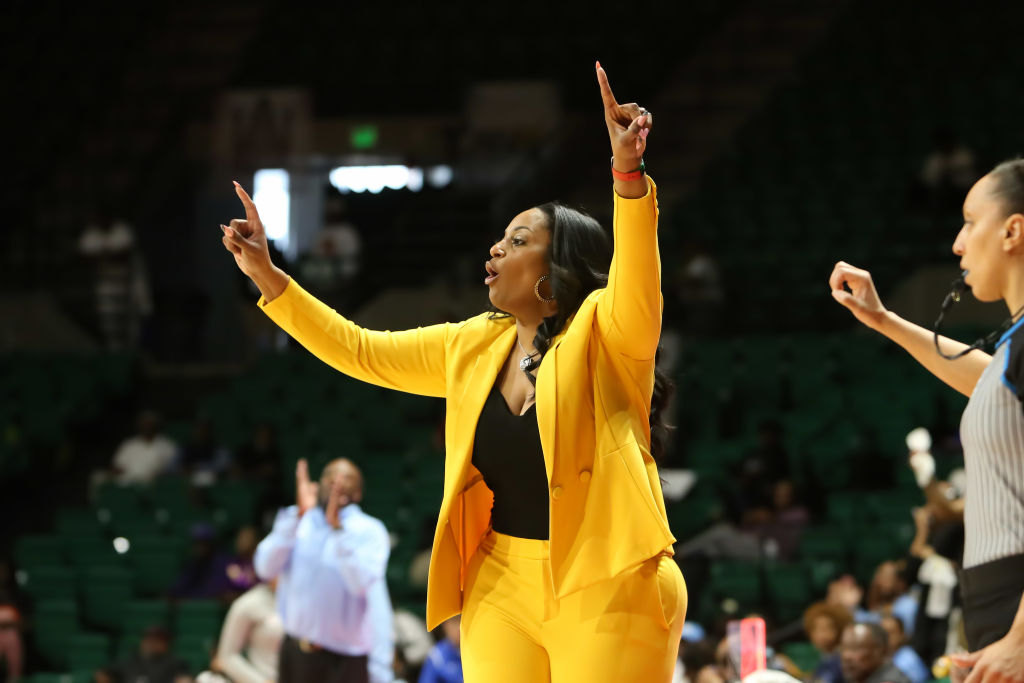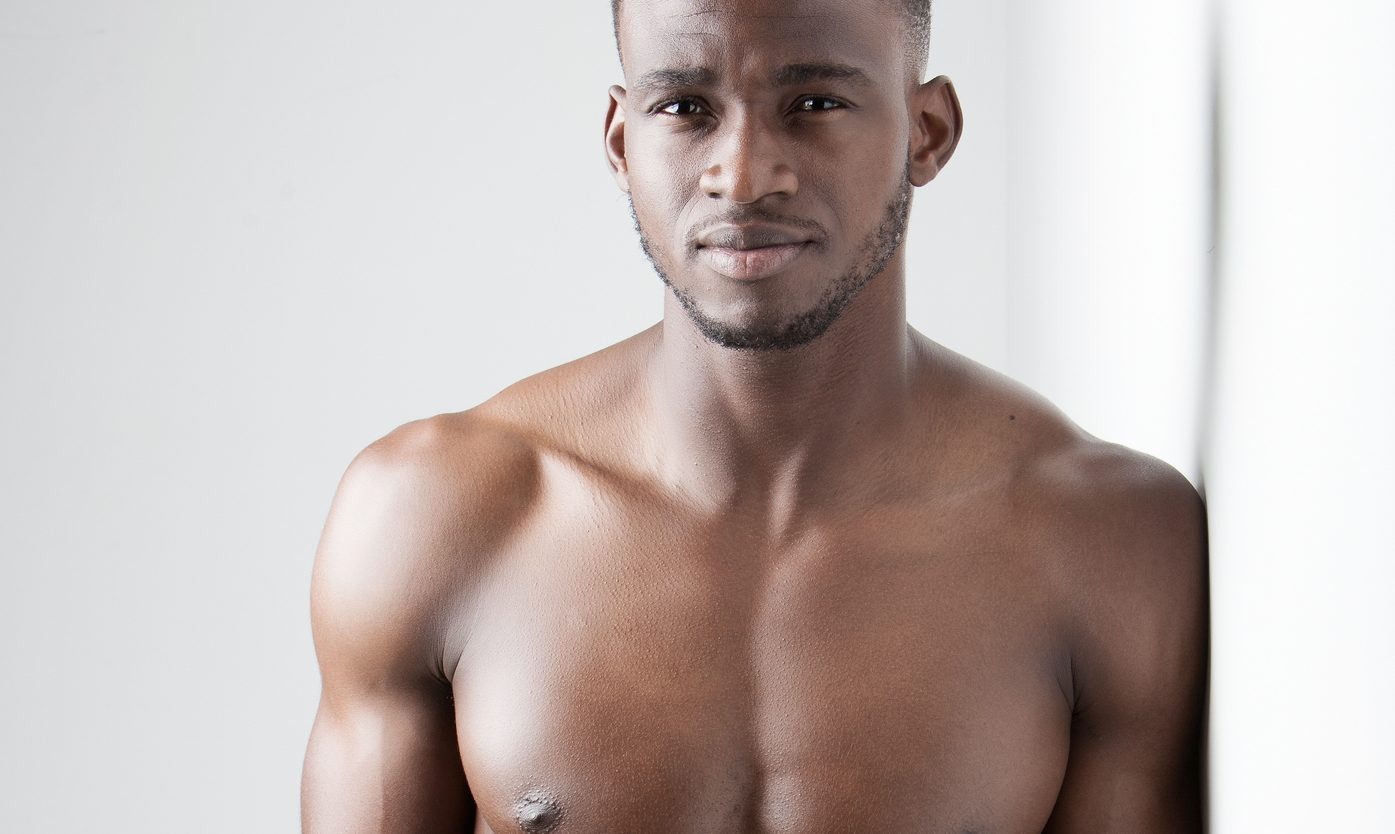Street Lit Debate: Does Urban Fiction Undermine the Black Canon?
Share the post
Share this link via
Or copy link
“Representing the race” remains a prickly issue in black literature
In the 40-plus years since Robert “Iceberg Slim” Beck released Pimp, the audience for so-called “street literature” has remained faithful to the genre, making bestsellers of Beck’s contemporaries and successors like Donald Goines, Omar Tyree, Teri Woods, and more recently Sister Souljah. But in 2008, after penning 16 novels, Tyree dramatically retired from the genre via a blog post.
“I’m done with writing all urban fiction,” he wrote, lamenting what he said was the “[urban audience’s] love for grit, crime, sex, broken hearts, drama, and other bullshit.” Calling his own work “urban classics,” Tyree juxtaposed street lit against what he termed “responsible lit.”
This debate rages on in the field of black publishing today. Toni Morrison, Alice Walker, and James Baldwin represent the African-American literary canon with their musings on race, feminism, and sexuality, while so-called “Street Lit” continues to occupy a controversial, but commercially successful spot in the hearts of African-Americans. Though most of us fall somewhere in the middle in reading preferences, the anxiety commonly felt about this contrast is not so much about the poles themselves, but distress over being defined solely by “low culture.” Centuries of being stereotyped will do that to a people.
Love MadameNoire? Get more! Join the MadameNoire Newsletter
We care about your data. See our privacy policy.
Leading authors in this field see this struggle between telling gritty tales and promoting laudable writing as more complicated than judging street lit as all bad — or good.
Torrey Maldonado, author of Secret Saturdays does not appreciate the distinction of this label at all. “I’ve heard people call [the genre] ‘street lit’ and it kind of discredits the type of literature that it is,” he told The Atlanta Post. Maldonado, whose book is set in Brooklyn’s Red Hook Housing Projects, adds: “Although Secret Saturdays is set in an urban environment, it deals with universal themes… You can’t say because a black boy is on the cover of the book, that this book is only for black people.”
But that’s exactly what many people assume, says author David L who does not publish under his full name because he wants to keep his identity as an author separate from his role as head of the company Total Package Publications. “That’s one of the reasons I don’t even put my picture on the back of my book,” L explains. “I want to be known for the type of fiction I write, not because I’m an African-American author who wrote about a specific subject matter.”
Rather than seeing it as limiting, Tinesha Davis defends the term ‘street lit,’ taking umbrage with the racism and self-hate implied in seeing the label as a stigma. “We [as black people] have this love-hate relationship with ourselves,” she asserts. “As soon as it’s not approved of, [we say] ‘They’re not ‘street lit’ books… I want to be affiliated with the more highbrow, educated writers.’”
But, as a kid Davis loved street lit, listing James de Jongh’s City Cool: A Ritual of Belonging and Ann Petry’s The Street as her favorites “simply because they spoke to the experiences I had when I was younger.” For this reason, though book club and seller Black Expressions bought her novel Holler at the Moon as literary fiction, Davis says wanted it to be classified as street lit. “[The realities depicted in street lit books are] a piece of America’s story and we can’t dismiss it.”
Stacey Barney, an editor at Penguin Group and the editor of Maldonado’s book, says street lit has evolved quite a bit from the days of Iceberg Slim. “There’s something of a redefining going on,” she explains. “There’s something emerging called urban literature.” She further elucidates, “[It] takes place in an urban landscape, but it doesn’t necessarily have the same spree of violence that ‘street lit’ has. But it’s not watered down in any way. It’s very real.”
Maldonado — who also teaches sixth and seventh grade history and has three years’ experience training teachers and administrators to implement conflict resolution programs — adds, “I write my books to present real problems that have people stuck, and then have these characters work out and develop new solutions to create new realities for themselves.”
For bestselling author Victoria Christopher Murray who also sets her books in urban areas, Maldonado’s commitment to moving beyond the hopeless depiction of the struggles of the urban poor is key. “My parents taught me [reading] was to expand my mind; expand my experiences… so what worries me,” she says, “is that [street lit] keeps people stuck in the same place, with the same stories over and over.”
Of urban-themed books that don’t have any redemptive quality, Murray says, “I wouldn’t even call it literature.” She continues, “100 years from now when people look back to what we were writing and what we were reading, I don’t want this to be a representation of who we are.”
As a counter-point, Barney says she can’t speak for other editors, but “I’m not specifically looking for street lit. I’m looking for great stories told with great voices and really great writing.” Yet, the popularity of the genre cannot be denied, especially among young people – and overall, publishing is a business, not a social service.
Despite its potentially negative effects on the black canon, perhaps street lit has more social benefit than we are aware of.
Davis is less concerned with the posterity of the African-American literary canon, than she is with the here and now, specifically as it relates to young people. “From my experience working with incarcerated youth in DC,” she recounts, “most of the young men there read on a third grade level. The ones who read on a sixth grade level were considered smart.” If street lit is what gets these boys to pick up a book, its value is far greater than its impact on an elitist canon. “I think our greater hope is that they start there, but that their reading becomes more sophisticated. I’ve always wanted to be that link—I want to write well, but also tell that story.”
Recounting a story of two students who recited verses of his book to him verbatim, Maldonado says he’s seen the proof that his book resonates with students who adults think hate to read. “When they were exposed to books like mine that accurately and authentically reflect their reality, they were so hooked to the book that they memorized parts of it,” Maldonado said.
That’s impressive and hard to imagine occurring as a reaction to Alice Walker.
It’s been three years since Omar Tyree’s retirement, and the street lit genre he mined to great success continues to flourish. But the question isn’t whether the so-called streets should be on the shelves, but how we can get the immense diversity of our stories onto them. It may be a complicated role, but street lit has an important part to play in black America’s future.
Related Tags
African American books black authors black books book publishing publishing publishing industry street lit-

Meet Dominique Fils-Aimé, The Haitian-Canadian Star Redefining Jazz For A New Generation: ‘This is My Vision' [Exclusive]
-

Cooking With Purpose — How Brittney Williams Honors Her Caribbean Roots Through Food
-

9 Famous Lesbian Women Who Were Married To Men
-

Purpose Behind The Lens: How Nate Edwards Films The Extraordinary Inside The Everyday








